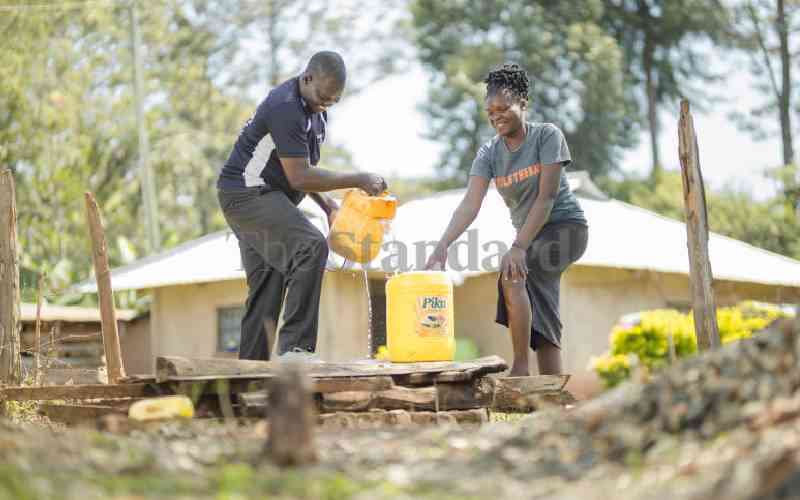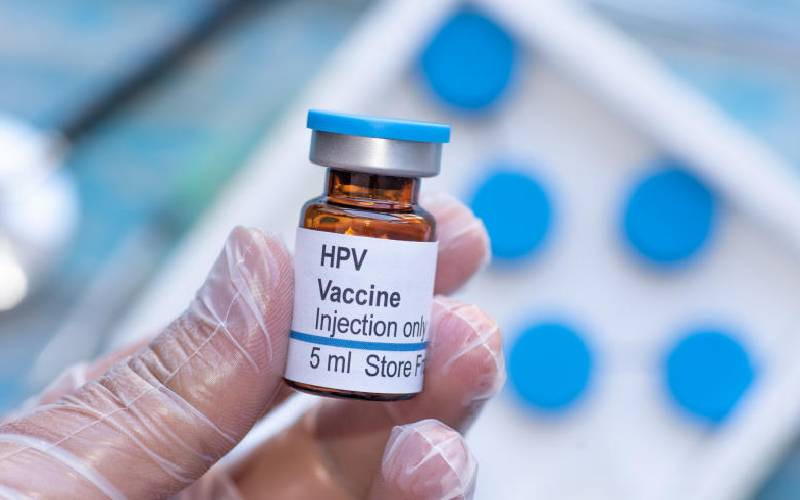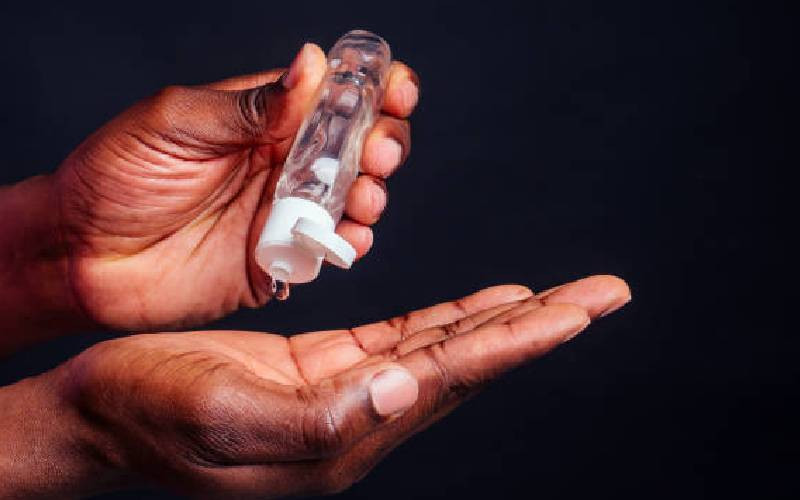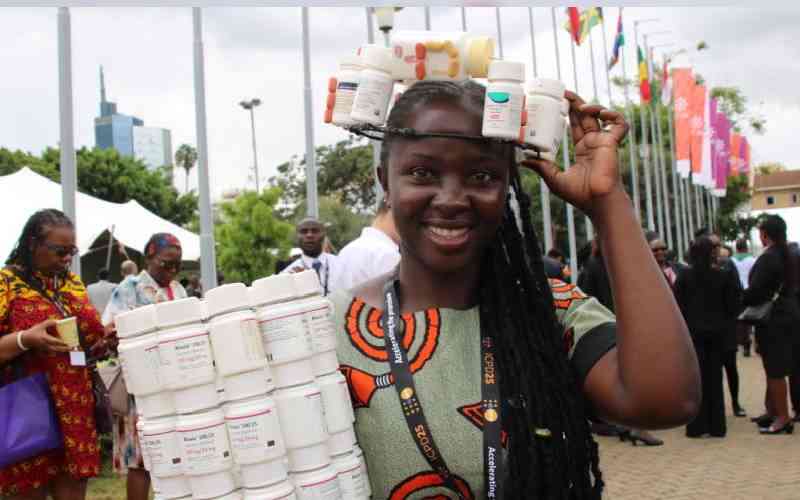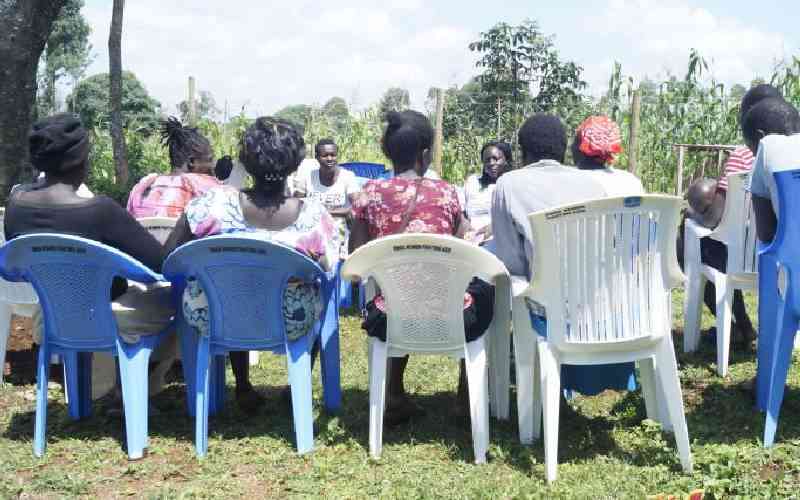
As the country grapples with the disposal of human waste and sanitary towels, one Kenyan scientist has come up with an innovative solution.
Dubbed the Urinary Diversionary Dry Toilet, the innovation can separate faeces and urine without flush water.
In the process where urine separates from faeces, the liquid goes into one chamber while solids and used sanitary towels are collected in another chamber.
Once in the chamber, the harvested solid waste generates sulphur dioxide, methane and other gases as it decomposes. The gases can then be tapped and used for cooking and lighting by families and commercial establishments.
The urine collected in the second chamber, once mixed with water at a ratio of 1:10, can be used as a natural fertiliser as it is rich in nitrogen, potassium and phosphate.
Dr Dennis Magu, the medical epidemiologist behind the innovation, is a Public Health lecturer at the Jomo Kenyatta University of Agriculture and Technology (JKUAT). He says that, if successful, the innovation will play a crucial role in the economy and environmental conservation.
Dr Magu says the innovation is an alternative to conventional sewage treatment plants which he says are costly to construct. He states that the innovation also has the potential to create jobs for millions of unemployed youth.
He says that the sludge produced from the mixture of solid human waste and sanitary pads, once treated, can be compressed and dried to make bricks or tiles.
- Day out with the trash trackers of Mukuru slums
- We need to talk to our children about climate change
- Climate justice and conservation are undeniably interconnected
Keep Reading

"Some of the areas where stones for building houses are rare, youth or women groups can join together and make bricks which are stronger than some machine-cut stones used in the construction," Magu added.
The senior lecturer says he got the inspiration to enter the world of public health in his childhood when he would watch public health officials at work ensuring that toilets and other public places like eateries maintained sanitation standards.
Due to his vast knowledge of environmental health, Dr Magu was recently appointed by the Ministry of Health as the head of the delegation for Kenya in the East Africa Health Scientific Conference secretariat.
Though he is facing some challenges as he seeks to finalise the innovation, Dr Magu aims to propagate the idea in Africa and the global arena. The innovation is currently under trial at Gachororo Primary School in Juja Kiambu County as he seeks to patent the innovation with Kenya's Industrial Property Institute.
Beatrice Inyangala, Higher Learning and Research Principal Secretary, in her speech during the 12th Annual Open Day at Jomo Kenyatta University of Agriculture and Technology last week, challenged universities in the country to put more emphasis on research and innovation.
"The university has been at the forefront of providing academic programmes that are designed to equip graduates with the skills to play instrumental roles in devising solutions," Ms Inyangala said.
JKUAT Vice Chancellor Prof Victoria Ngumi noted that the university's research and innovation model is aligned with the country's Vision 2030 and innovation alongside education development.
"Higher learning institutions in the country have the key to unlocking innovative solutions that harmonise diverse fields, especially agricultural productivity, with climate adaptation and mitigation strategies," the VC said.
 The Standard Group Plc is a multi-media organization with investments in media platforms spanning newspaper print
operations, television, radio broadcasting, digital and online services. The Standard Group is recognized as a
leading multi-media house in Kenya with a key influence in matters of national and international interest.
The Standard Group Plc is a multi-media organization with investments in media platforms spanning newspaper print
operations, television, radio broadcasting, digital and online services. The Standard Group is recognized as a
leading multi-media house in Kenya with a key influence in matters of national and international interest.

